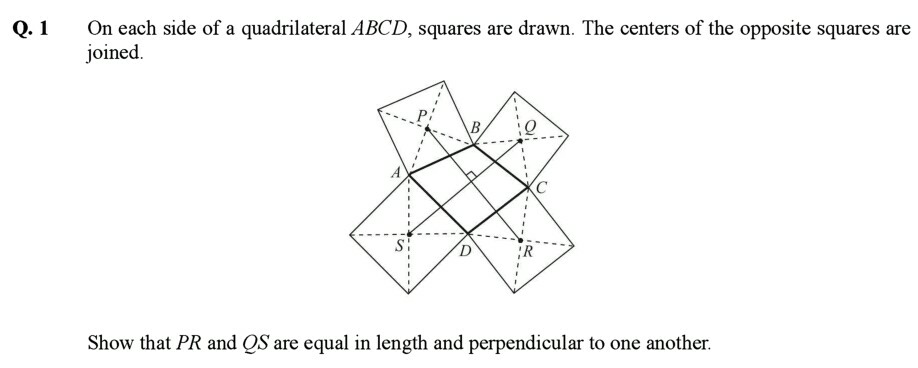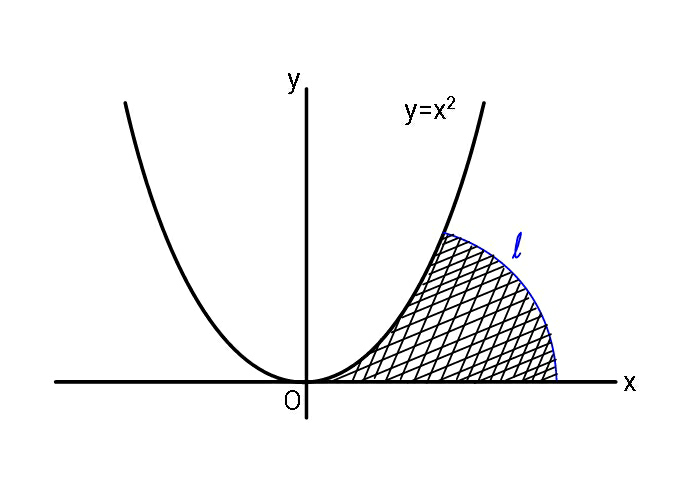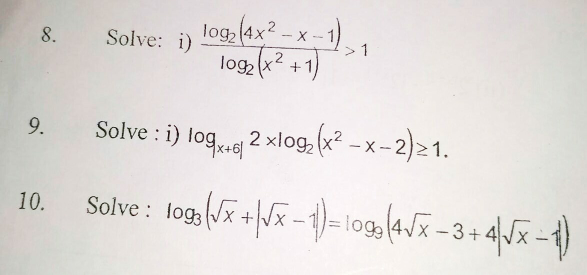
Question and Answers Forum
AllQuestion and Answers: Page 1447









Pg 1442 Pg 1443 Pg 1444 Pg 1445 Pg 1446 Pg 1447 Pg 1448 Pg 1449 Pg 1450 Pg 1451
|
Question and Answers Forum |
AllQuestion and Answers: Page 1447 |

|
| find Σ_(n=1) ^∞ (1/n^2 ) by use of integral ∫_0 ^(π/2) ln(2cosθ)dθ . |
| Solve for x, y, z x(y + z) = 33 ..... (i) y(z + x) = 35 ..... (ii) z(x + y) = 14 ..... (iii) |
| study the integral ∫_(−∞) ^(+∞) (1−cos((2/(x^2 +1))))dx |
| find ∫_(−∞) ^(+∞) tan((1/(1+x^2 )))dx |

|

|
| Find x: x^x = 2x |
| ∫(dx/((1+x^2 )^(3/2) )) solve this pls |
| ∫((csc^(2019) (x))/(sec^5 (x))) tan^2 (x) dx |
| x^2 (d^2 y/dx^2 ) + x(dy/dx) + y=0 please solve this Euler equation |
| Let Fibonacci sequence (F_n ) _(n≥0) where F_0 = 0, F_1 = 1, and F_(n+2) = F_(n+1) + F_n , ∀ n ≥ 0 . Find the least of natural numbers n so that F_n and F_(n+1) − 1 can be divided by F_(2019) . |

|
| if x+(1/x)=(√3).find x^(24) +x^(18) +x^6 +1 |
| find ∫ arctan((1/(1+x^2 )))dx |
| study the convergence of ∫_0 ^1 (((√(1+2x))−(√(1+x)))/(ln(1+x)))dx and determine its value. |
| calculate ∫_0 ^(π/2) (dx/((√2)cos^2 x +(√3)sin^2 x)) |

|

|

|
| ∫_(−π) ^π sin((1/(1−x^2 ))) dx |

|
| (x^4 −3x^2 +2x+1)/(x−1) |
| (√(5−12i))+(√(5+12i))=? |
| For all θ in [0, π/2] show that cos(sinθ)≥sin(cosθ). |

|
Pg 1442 Pg 1443 Pg 1444 Pg 1445 Pg 1446 Pg 1447 Pg 1448 Pg 1449 Pg 1450 Pg 1451 |